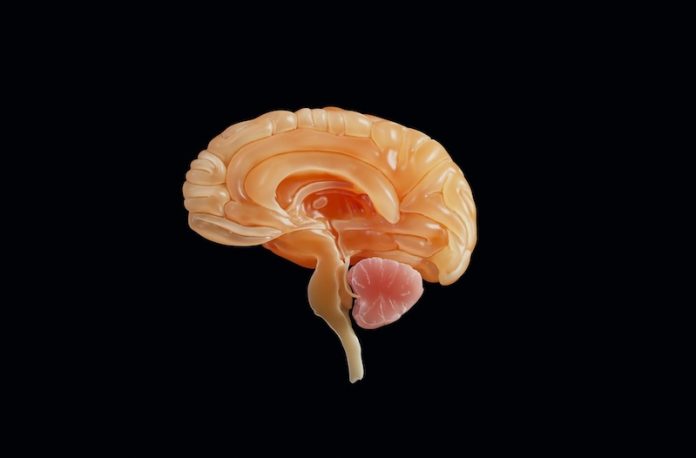
major breakthrough from scientists at the University of Virginia is changing how researchers think about Alzheimer’s disease. Instead of focusing solely on harmful plaques and tangles in the brain, this new study looks at the immune system’s role, uncovering a molecule called STING that may be a key driver of brain damage and memory loss.
The researchers discovered that STING, an immune molecule meant to protect the brain, may actually be making things worse as we age—by causing inflammation and damage to brain cells. In mouse studies, blocking STING’s activity stopped the buildup of damaging plaques and protected memory function.
These exciting results suggest that targeting STING could one day help slow or even prevent Alzheimer’s and possibly other brain diseases like Parkinson’s and ALS.
What is STING?
STING is part of the body’s immune system. Its job is to detect threats—such as viruses or damaged cells—and then call for help by triggering an inflammatory response. This response is usually helpful. But as we age, DNA damage builds up naturally in our brain, and STING can become overactive, leading to chronic inflammation that hurts healthy brain tissue.
Dr. John Lukens, who led the study, explained: “The DNA damage that happens during aging activates STING, and this sets off brain inflammation and neuron damage. This may help explain why aging increases the risk of Alzheimer’s.” Lukens is the director of UVA’s Harrison Family Translational Research Center, which focuses on Alzheimer’s and similar diseases.
Why This Discovery Matters
More than 7 million Americans are living with Alzheimer’s today, and that number could rise to 13 million by 2050. Scientists have been racing to understand what causes this devastating disease and how to treat it. While the exact causes are still being studied, researchers now realize the immune system plays a bigger role than previously thought.
In the new study, researchers blocked STING in lab mice that had brain changes similar to Alzheimer’s. They saw several important effects:
- Fewer harmful amyloid plaques formed
- Less activation of microglia, the brain’s immune cells that can damage nearby neurons
- Better memory function in the mice
- Less buildup of tau tangles, another feature of Alzheimer’s
Jessica Thanos, a researcher on the project, explained: “Removing STING protected neurons near the plaques and improved memory. That tells us STING is likely fueling harmful immune responses that damage the brain.”
A Potential Game-Changer
What makes STING especially promising as a treatment target is that it seems to influence both the major features of Alzheimer’s—plaques and tangles. Other treatments being studied often affect just one or the other, or work only at certain stages of the disease. STING could offer a more complete and longer-lasting approach.
That said, researchers are still in the early stages. Before any treatment can be used in people, scientists need to understand more about how STING works in the rest of the body. For example, STING also helps fight cancer, so blocking it could have unintended side effects. But the team at UVA’s new biotechnology institute is eager to explore these questions.
What’s Next?
Dr. Lukens and his team are working to better understand which brain cells are affected by STING and how its activity might be safely controlled. If all goes well, this research could lead to new drugs that protect the aging brain, not just in Alzheimer’s, but possibly in other diseases like Parkinson’s, ALS, and dementia.
“There’s an urgent need for treatments that can slow or stop the damage to brain cells in Alzheimer’s,” Lukens said. “We hope our work on STING brings us one step closer to finding safe, effective therapies that change the course of the disease.”
This research marks a new direction in Alzheimer’s science—one that could help protect the brain by calming the immune system, rather than simply removing plaques after the damage is done.
If you care about Alzheimer’s, please read studies about Vitamin D deficiency linked to Alzheimer’s, vascular dementia, and Oral cannabis extract may help reduce Alzheimer’s symptoms.
For more information about brain health, please see recent studies about Vitamin B9 deficiency linked to higher dementia risk, and results showing flavonoid-rich foods could improve survival in Parkinson’s disease.
The research findings can be found in Alzheimer’s & Dementia.
Copyright © 2025 Knowridge Science Report. All rights reserved.



